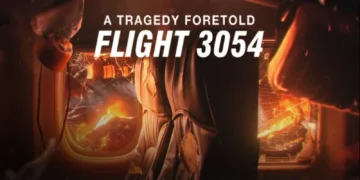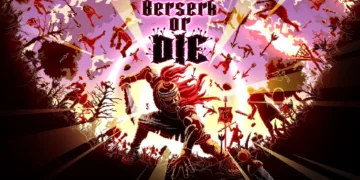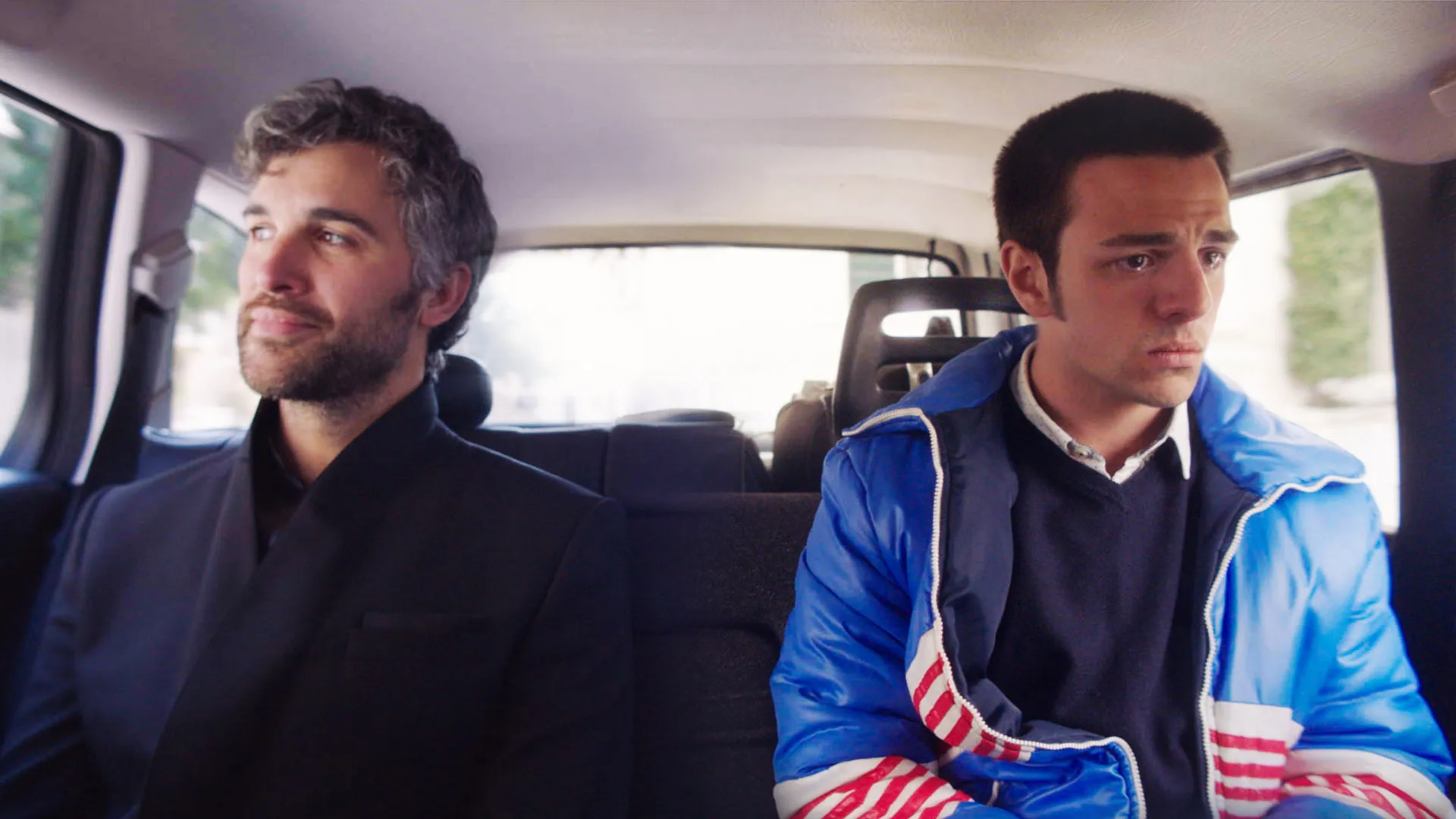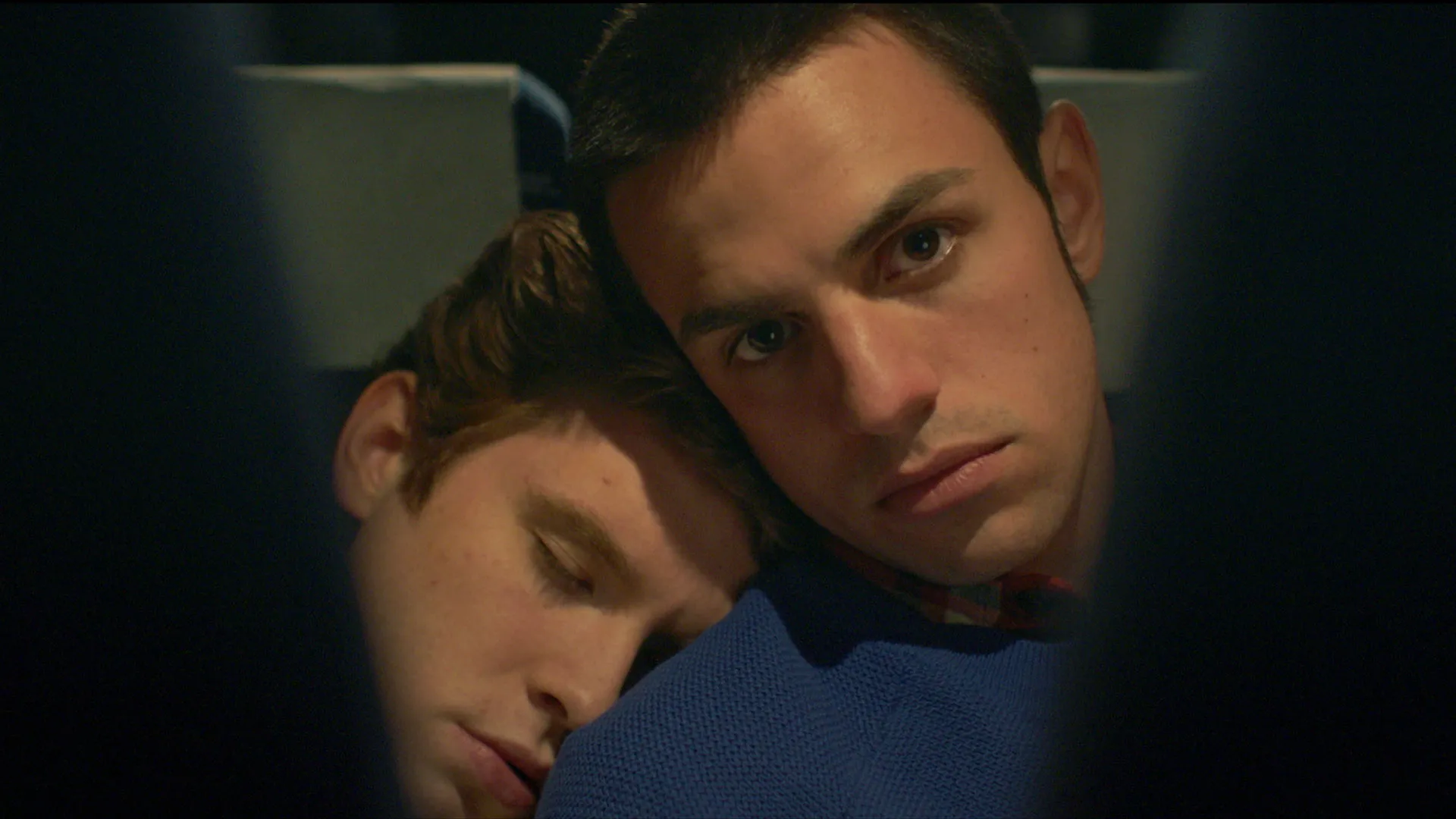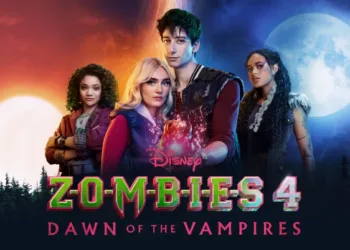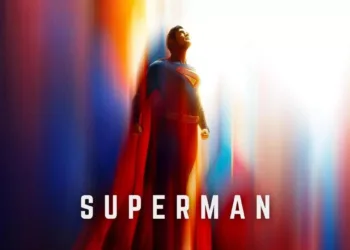We’ve all had that feeling when playing a game, the desire to reload a save to see a different outcome. What if you could do that with your own life? Before We Forget places its protagonist, a filmmaker named Matias, in exactly that position. He’s stuck in the editing room, obsessively trying to perfect an autobiographical film about a pivotal moment from his youth.
The narrative splits between his present-day artistic struggle and vivid flashbacks to 1997, at an international college in the Italian village of Duino. It is there we meet a shy, younger Matias and the person at the center of his obsession: a magnetic and free-spirited Swedish student named Alexander.
Their connection was immediate and intense, a profound bond that was never defined, leaving a ghost in Matias’s memory that he now attempts to capture, or perhaps correct, frame by frame.
The Duino Chapter
The flashback sequences in Duino feel like a perfectly designed hub world for an emotional story, drenched in a nostalgic, dreamlike light that immediately signals we are in the realm of idealized memory. The cinematography softens the edges of the past, making it feel more potent than the present. This is where the core story beats unfold.
The younger Matias, played with a quiet and observant depth by Santiago Madrussan, is instantly drawn to Alexander, who Oscar Morgan imbues with an effortless, high-energy charm that also hints at a deeper turbulence.
Their chemistry is built through small, specific moments that form their own private world: a shared dance that breaks the ice, quoting Monty Python in a ruined castle, the simple comfort in each other’s presence. These interactions build a powerful picture of their bond through action, not just dialogue, showing a natural intimacy that words would only complicate.
Madrussan and Morgan expertly convey a deep affection with little more than shared glances and tentative gestures. This subtlety is key, as the air is thick with the tension of unspoken feelings. Matias’s longing is palpable, a silent internal conflict shaped by the social expectations of the era.
The heteronormative pressures are a constant, invisible force, made tangible during a Christmas visit with Alexander’s family. Hearing them discuss military school for their son or seeing them gently push Alexander’s sister toward Matias erects a clear barrier, reinforcing the path society expects them to walk. The film makes you feel the weight of these external expectations, turning them into the unbreachable walls of a maze.
Director as Player-Character
Back in the present, the pacing intentionally slows. The world of the older Matias, played with a convincing weariness by the film’s own director Juan Pablo Di Pace, feels muted and emotionally stalled compared to the vibrancy of his memories. This structural choice is effective, as it pulls the viewer directly into Matias’s own fixation; we too feel that the past holds more life than his current reality.
His struggle with finishing his film is not merely an artist’s block; it’s the desperation of a player who refuses to accept the game’s given ending. He is searching for a “New Game+” option for his own life, believing one perfect shot can retroactively change the emotional outcome. His friend and producer, Paolo, acts as the practical voice of reason, the friend who tells you it’s time to put the controller down. His concern is not just for the film’s deadline but for a man he sees trapped in a self-made loop.
This film-within-a-film structure is a brilliant narrative device. It turns the act of directing into a form of self-interrogation. Much like meta-narratives in games like Alan Wake, where the protagonist writes his own reality, Matias attempts to direct his own past. The creative process becomes the only tool he has to confront and make sense of emotions that have lingered for decades. His quest is to locate the source code of his own lingering sorrow and rewrite it.
Accepting the Narrative
The film offers a thoughtful look at the unreliability of memory, suggesting our recollections are subjective stories we tell ourselves. It reminds me of how a player might misremember a game’s events, smoothing over the difficult parts and amplifying the triumphs.
The story portrays a deep emotional connection that defies a simple label, existing in a space of powerful ambiguity. Is it unrequited love, or simply unspoken love? By keeping Alexander’s own feelings a mystery, the film places the entire emotional journey squarely on Matias. It becomes his personal quest, not a standard two-player romance. This introspective focus is reminiscent of Pedro Almodóvar’s Pain and Glory, where the act of creation is also a vehicle for re-examining the past.
The societal pressure of the time acts as an invisible wall, subtly guiding the characters’ choices and reinforcing their inhibitions without a single line of explicit dialogue. Ultimately, Matias finds a path forward not by altering his past—the scripted events are locked—but by processing it through his art.
The catharsis arrives through creation, through externalizing the memory so he can finally see it with some objectivity. The film suggests that peace is found in accepting life’s imperfect narratives and acknowledging the power of the connections that shape us, even the ones that remain unfinished. Closure comes not from changing the story, but from finally understanding how to tell it.
Before We Forget is a drama film that premiered at the Torino Lovers Film Festival in Italy on April 16, 2024.
Full Credits
Directors: Juan Pablo Di Pace, Andrés Pepe Estrada
Writers: Juan Pablo Di Pace, Andrés Pepe Estrada
Producers: Juan Pablo Di Pace, Guillermo Escalona, Amanda Lenker Doyle, Alvaro R. Valente
Executive Producers: Norman Lear, Brent Miller, Stephanie Slack, Margret H. Huddleston, Massimiliano Milic, Gonzalo Lopez Jordan, Bob Hayes, Jim Burba
Cast: Juan Pablo Di Pace, Santiago Madrussan, Oscar Morgan, August Wittgenstein, Araceli González, Fabián Mazzei, Sarah Parish, Jóhannes Haukur Jóhannesson, Julia Bender, Tomás Kirzner, Juan Cruz Márquez de la Serna, Marta Beatriz Maineri, Vittorio Di Pace, Lini Evans, Agustina Lecouna, Krista Kosonen, Joaquín Gaitan, Dominika Skowronska
Director of Photography (Cinematographer): Devin Doyle
Editors: Juan Pablo Di Pace, Andrés Pepe Estrada
Composer: Kjartan Dagur Holm, Sindri Már Sigfússon
The Review
Before We Forget
Before We Forget is a tender and intelligent film that uses its meta-narrative of filmmaking to thoughtfully explore how we process memory, love, and regret. While the present-day story can feel muted compared to the vibrant, aching nostalgia of its past, the strong performances and emotionally resonant core make it a poignant and worthwhile watch for anyone who has ever wished for a second take on a pivotal moment in their life.
PROS
- A thoughtful and creative meta-narrative about art and memory.
- Nuanced and compelling performances, especially from the younger cast.
- An emotionally authentic portrayal of unspoken affection and longing.
- Effective storytelling that contrasts past and present to build its themes.
CONS
- The pacing of the present-day storyline is significantly slower than the flashbacks.
- Its meditative and ambiguous nature may not appeal to all viewers.























